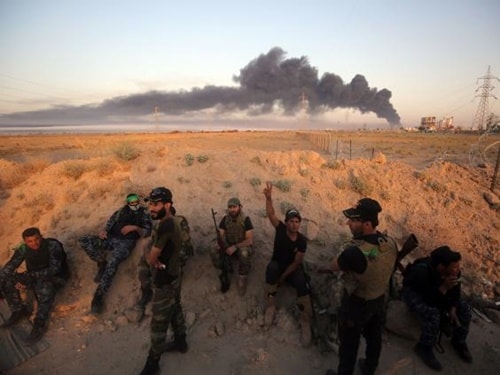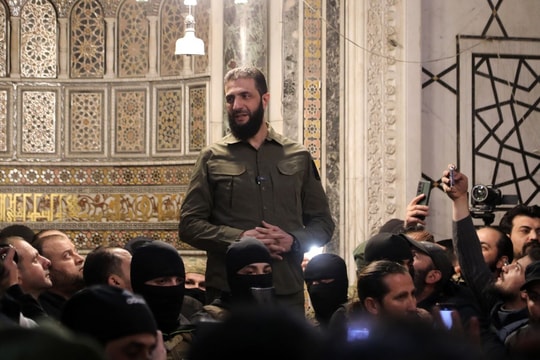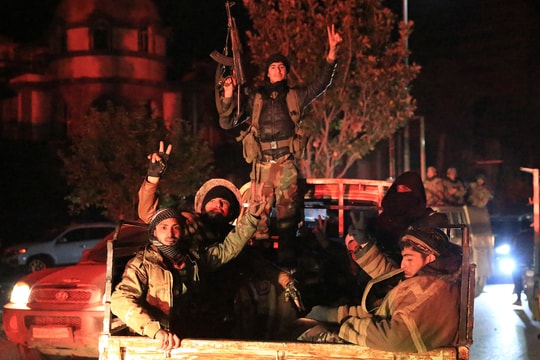IS launches 'death squad' in Iraq
IS is said to be fighting to the last gunman to protect Fallujah, while the Iraqi government army is also under pressure to retake the city.
 |
| Iraqi government forces approach the city of Fallujah. Photo: AFP. |
Islamic State (IS) death squads are increasingly appearing on the streets of Fallujah, about 40 miles west of Baghdad, Iraq, with orders to kill anyone who tries to flee or surrender as Iraqi government forces close in on the strategic city, according to the Independent.
Iraqi army units began an offensive on the eastern area of Fallujah city on the morning of May 23 after a night of heavy airstrikes.
Experts say the loss of Fallujah would be a major loss for IS. This is a Sunni Muslim commercial center on the main road leading to Jordan. On May 23, three IS gunmen were killed inside the city of Fallujah, proving that local people have shown signs of armed resistance against the rebels.
People in Baghdad are putting huge pressure on Iraqi Prime Minister Haidar al-Abadi in the campaign to expel IS from the city of Fallujah after bombings targeting civilians earlier this month in the capital killed at least 200 people.
"Iraqis believe that those suicide bombers came from Fallujah and the government must take back the city," said a retired senior Iraqi officer.
The army's failures to push IS out of the city bordering the capital over the past two years have somewhat damaged the credibility of the government's armed forces.
But the Iraqi army lacks local combat units and relies heavily on two elite 5,000-strong counterterrorism brigades. Two other regular army divisions can also fight, but most of the military gains over the past year have been due to support from the US-led coalition against IS. These aircraft help destroy IS facilities from the air while the army conducts ground operations.
Fallujah has been hit hard by the ongoing war and food shortages. According to some local sources, the city's population has dropped to 50,000-60,000 people compared to 350,000 in 2011, before Iraq fell into full-scale war.
An Iraq observer with regular contact in the city said people had been starving for half a year due to food shortages. A 50kg bag of flour costs nearly $690.
A desert road north of Fallujah that could help move food is now under IS control. The east of the city is held by Shiite militias, the south by anti-IS Sunni tribal militias and the US-backed government army in the west. Fallujah residents fear IS but are equally wary of the Shiite militias, whom they regard as “Fallujah terrorists”.
Observers say IS has retreated from cities like Ramadi, Hit or Rutba without fighting to the last gunman, but it is very likely that the group will defend Fallujah to the death because of the city's military and geopolitical importance.
Meanwhile, the Iraqi government army is forced to retake Fallujah because if the city is lost to IS, the capital Baghdad will face a terrible nightmare. Besides, the victory in Fallujah will be a symbol of the power of the government army and the fact that IS is clearly weakening.
IS is losing strength, but so are the forces fighting it, writes Patrick Cockburn of the Independent. The US has stepped up ground attacks in Mosul and Raqqa, but ground forces in Iraq and Syria are unlikely to be able to coordinate their actions to retake the two cities this year.
“They have no concrete plan for what to do after they fall,” said Hiwa Osman, an independent political analyst in Irbil. “Only Sunni Arabs can put an end to IS and until they do that, the war will not be truly over.”
According to VNE
| RELATED NEWS |
|---|



.jpg)




